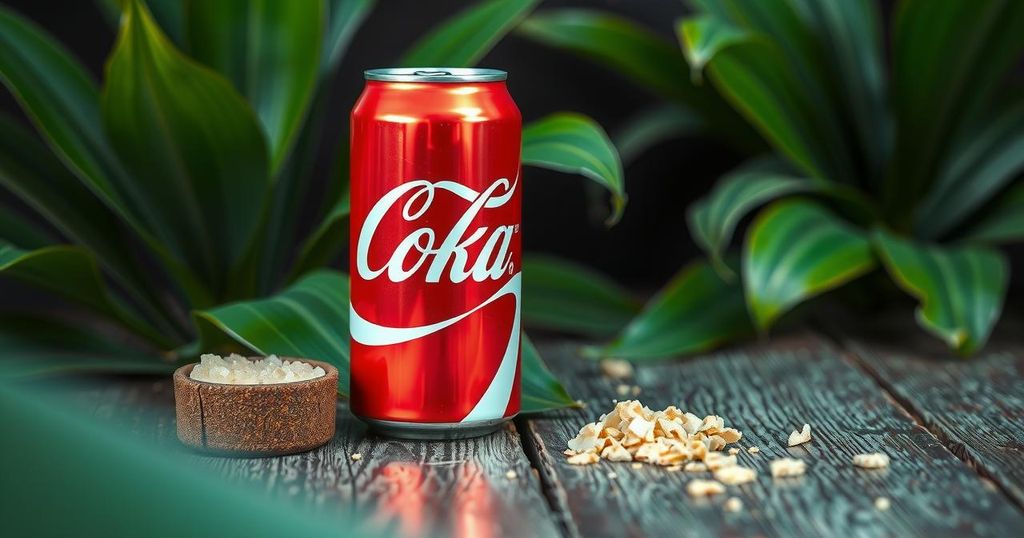- Trump claims Coca-Cola will switch back to cane sugar.
- Coca-Cola has been scrutinized for using high fructose corn syrup.
- The debate over sugar type links consumer choice to political dialogue.
Trump’s Call for Cane Sugar Formula from Coca-Cola
In a surprising turn of events, former President Donald Trump has made claims that Coca-Cola intends to revert its formula back to using cane sugar, similar to the recipe used in Mexico. The announcement comes amid a time of significant unrest in various global regions, stirring discussions that many may not have expected. While the implications of such a change might be minor in the grand scheme of corporate strategies and ingredient sourcing, it has nonetheless sparked a new round of debates on food preferences and sugary drink formulations.
Coca-Cola and Its Ingredients in the Political Arena
Coca-Cola has previously faced scrutiny regarding its sweetening choices, particularly concerning high fructose corn syrup versus natural cane sugar. The global beverage giant has historically been known for tweaking its formulas based on market demands and regional preferences, especially in other countries. Trump’s push for a cane sugar switch highlights how even consumer goods can become entangled in political narratives, with the former president using the platform to rally support against industrial food processes while appealing to traditionalists who yearn for a simpler product composition.
Consumer Trends Impacting Beverage Choices and Formulations
This claim comes at a time when Americans are increasingly concerned about health implications of their food and drink choices, coinciding with larger trends in the health and wellness industry. There’s been a noticeable shift towards natural ingredients, and many consumers have responded positively to cane sugar, often regarding it as a more ‘authentic’ sweetener. Whether or not Coca-Cola will follow through on this potential change remains to be seen, but it serves to remind us how interconnected our dietary choices and political dialogues can be.
In conclusion, Donald Trump’s recent claim about Coca-Cola’s potential shift back to cane sugar emphasizes the unique intersection of consumer culture and political discourse. This revelation, though seemingly trivial, opens up dialogues about health, authenticity in ingredients, and how companies respond to both consumer demands and political pressures. As Americans express a growing desire for natural ingredients, it will be interesting to see if and how Coca-Cola may respond to this push.






